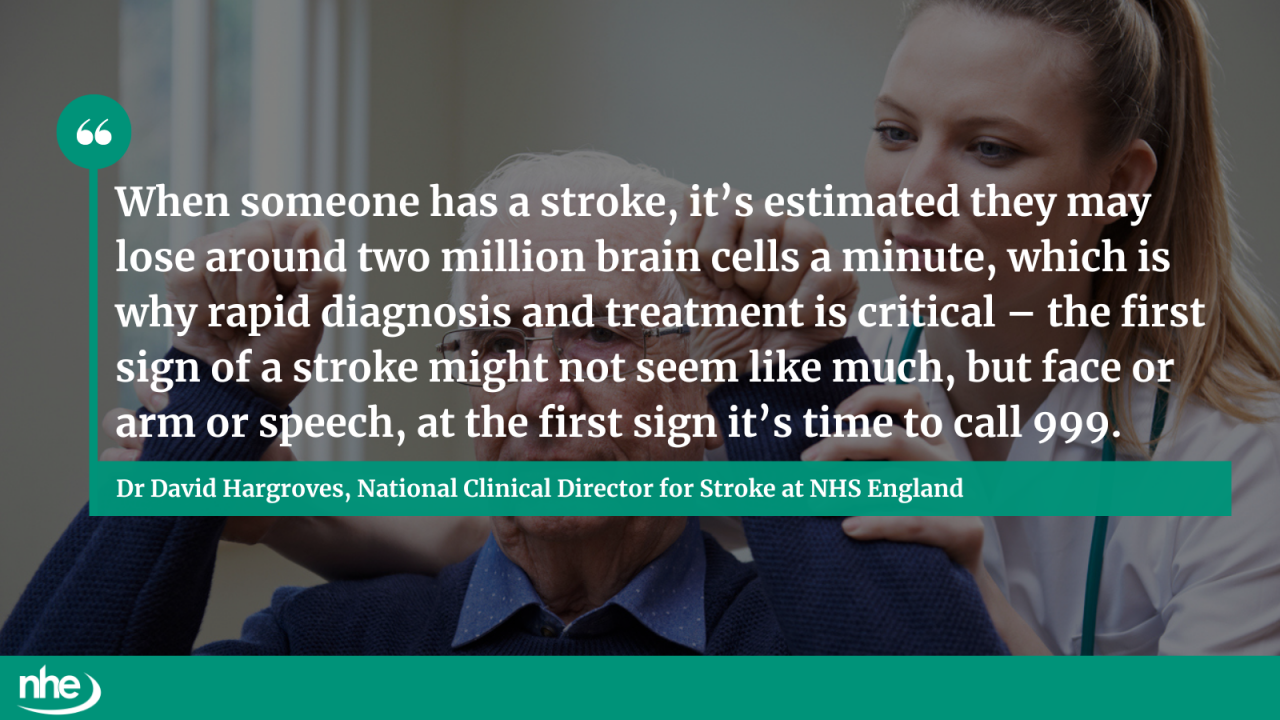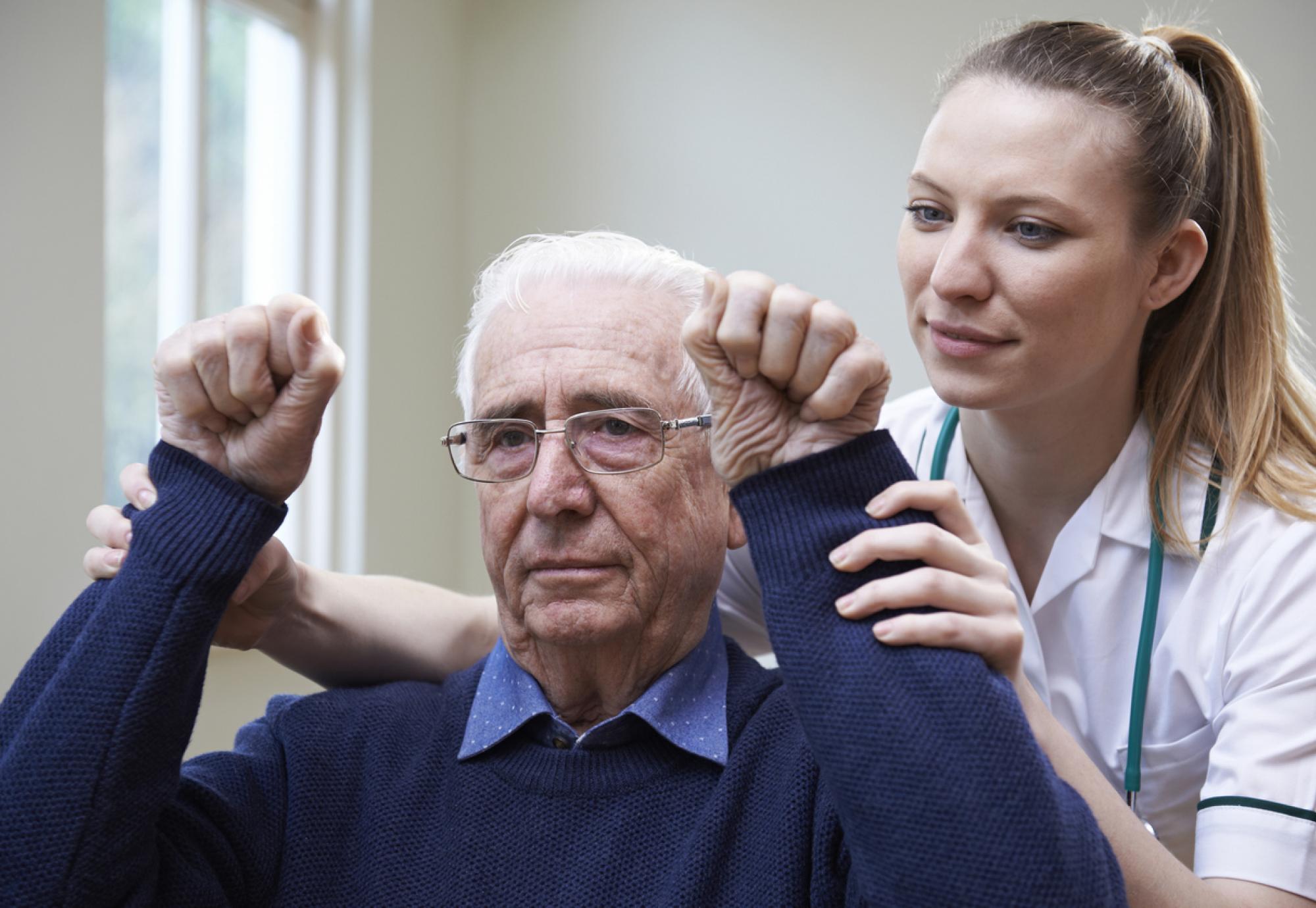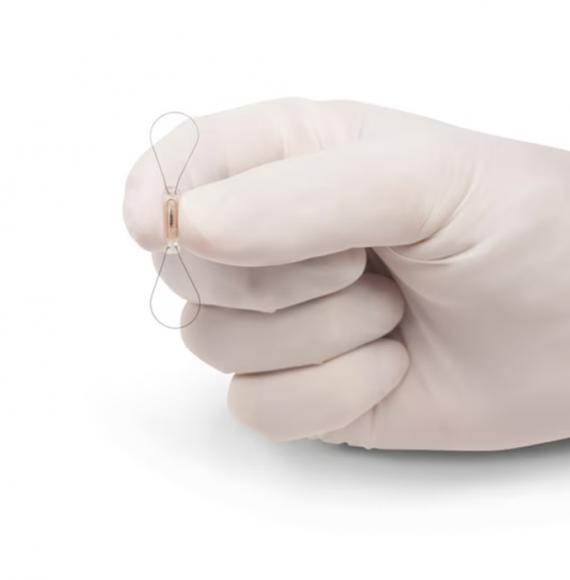NHS England is launching the first update to one of its most famous campaigns since 2009, as it looks to improve care for one of the UK’s leading causes of death and speed up diagnostics.
Act FAST is the health service’s stroke campaign, which urges the public to phone 999 if they spot one of three symptoms:
- Struggling to smile – Face
- Cannot raise hands – Arms
- Slurring their words – Speech
Data
This comes as new NHS data reveals that most people (57%) would wait for at least two of the aforementioned symptoms before calling emergency services – this is despite even one of the symptoms constituting a medical emergency.
Nearly two-thirds (64%) said calling 999 would not be their first recourse if somebody was suddenly unable to smile, according to the polling from King’s College London.

This comes as separate figures show that the average time between the first symptom being recorded and a 999 call was 88 minutes – this was based on over 41,000 patients during 2023/24 who had a recorded time of symptom onset.
NHSE’s national medical director, Professor Sir Stephen Powis, said: “This campaign is so important – greater awareness of the need to act fast and dial 999 could help save and protect many more lives, as we know that earlier recognition of symptoms and immediate action to call 999 can enable faster access to specialist treatment and the best chance of reducing long-term effects of a stroke.”
The campaign will see the launch of a new advert and film.
Impact
It is estimated that 100,000 people have a stroke in the UK each year, leading to 38,000 stroke-related deaths a year – meaning it remains the fourth single leading cause of death in the country, despite more people surviving it than ever before.
“When someone has a stroke, it’s estimated they may lose around two million brain cells a minute, which is why rapid diagnosis and treatment is critical – the first sign of a stroke might not seem like much, but face or arm or speech, at the first sign it’s time to call 999,” explained NHSE’s national clinical director for stroke, Dr David Hargroves.
He added: “Thanks to greater awareness of the symptoms and advances in NHS care, more people are now surviving a stroke than ever before, but there is much more to do help save lives and reduce the long-term impact of strokes.”
Juliet Bouverie OBE, CEO at the Stroke Association, commented: “Over 88,000 people survive a stroke every year in the UK, but surviving a stroke is just the start of a long and traumatic battle to finding their way back to life.”
Image credit: iStock



















